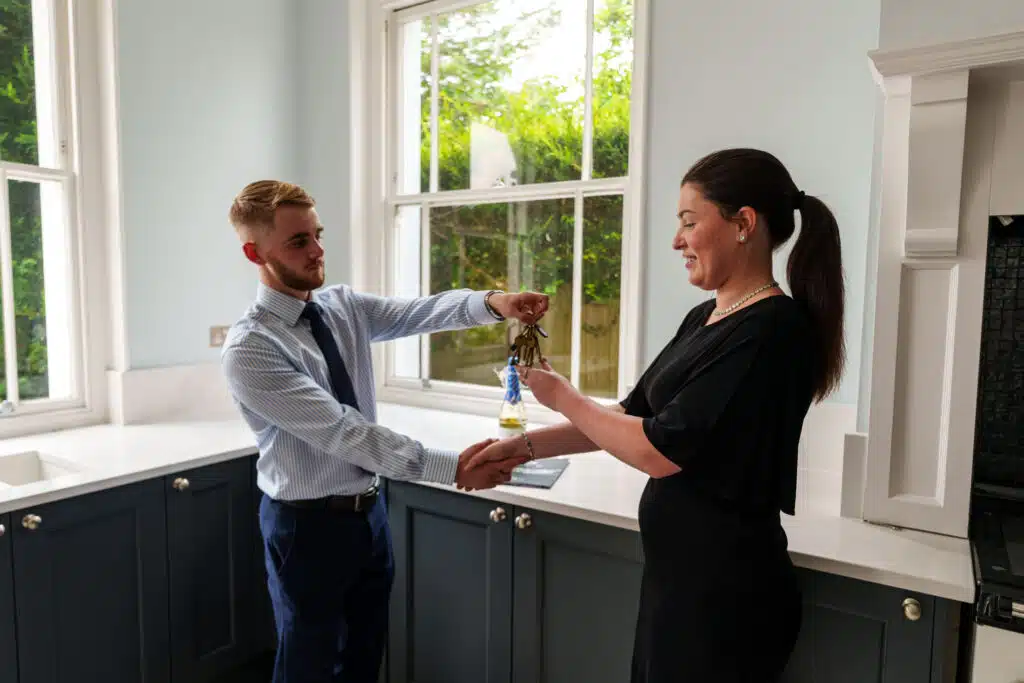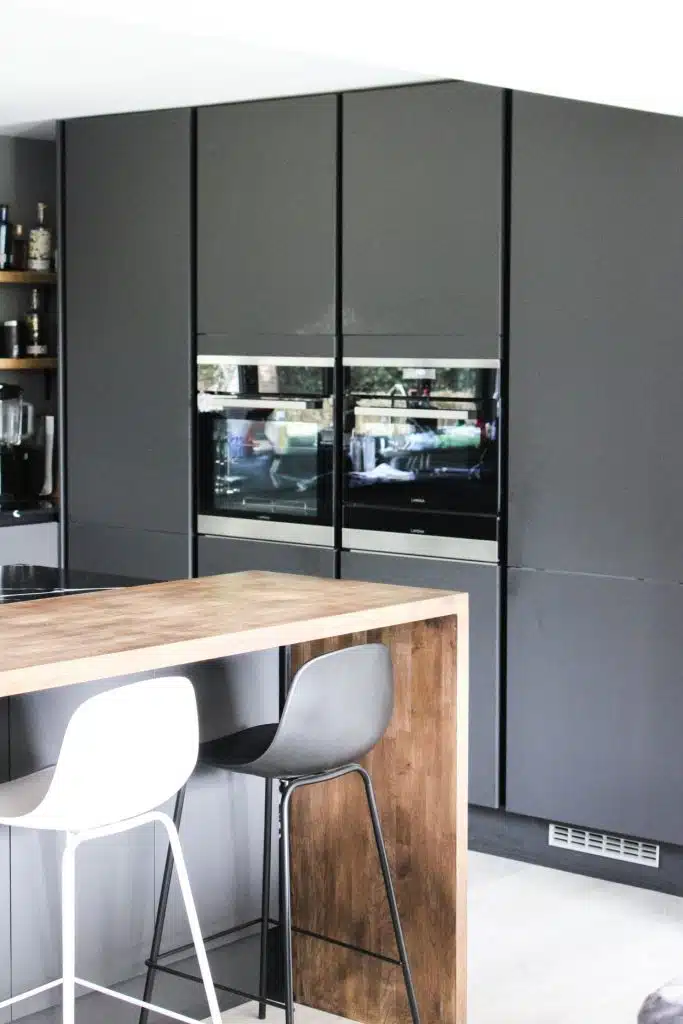If you’ve been house-hunting lately, you’ve probably spotted the phrase chain-free on more than a few listings. It’s one of those rare bits of property jargon that’s genuinely good news.
But what does it actually mean? And why does it make a sale faster, smoother, and — in some cases — more valuable?

What Does ‘Chain-Free’ Mean?
Put simply, a chain-free property is being sold without the seller having to buy another place before completing. There’s no onward chain to hold things up.
That can happen for a few reasons:
- The property’s a brand-new build from a developer.
- The seller has already moved out and isn’t buying another home.
- It’s a probate sale.
- A landlord’s selling after tenants have moved on.
In all these cases, there’s no waiting for someone else to find their next place — removing one of the biggest causes of delays in the housing market. You’ll often find these kinds of listings on our sister site Presence Estate Agents, where chain-free opportunities are clearly marked.
Why Buyers Like Chain-Free Properties
A chain-free listing is always going to stand out. Here’s why:
Faster Transactions
No onward purchase means fewer moving parts. The legal and financial processes can get going straight away — ideal if a buyer’s on a tight deadline because of work, school, or personal circumstances.
Lower Risk of Collapse
Chains break easily. One delayed mortgage offer or survey issue can unravel everything. Without a chain, there’s less that can go wrong.
Better for First-Time Buyers
For people buying their first home, a chain-free property feels simpler. It cuts down the waiting and the uncertainty.
More Flexibility on Dates
With no seller dependent on moving day, the timeline can be negotiated to suit both sides.

Why Sellers Value Chain-Free Buyers
It’s not just the buyers who benefit. Sellers tend to prefer chain-free purchasers — whether that’s a cash buyer, a first-time buyer, or someone currently renting.
In competitive markets, a seller might even accept a slightly lower offer from a chain-free buyer in exchange for a cleaner, faster sale. You can see examples of these straightforward sales in our current developments across Kent.
Does Chain-Free Add Value?
In a busy market, yes. While it’s hard to put an exact percentage on it, the reduced risk and faster process make chain-free homes more attractive — especially to buyers who need certainty.
And the value isn’t just financial. Less stress, fewer delays, and a more predictable moving date can be worth far more than a small shift in price.
Tips for Finding Chain-Free Properties
- Check listings carefully – Agents usually highlight it, but ask anyway.
- Consider new builds – Developments like those from Presence & Co. are chain-free by nature. You can browse them on our residential projects page.
- Ask questions – Even if it’s not advertised, the seller’s circumstances might still allow a quick move.
- Be prepared – If you’re buying without a chain, have your finances and paperwork ready to move quickly.
Final Word
Chain-free sales remove one of the biggest headaches in the property process. Less waiting. Less risk. More control over timing.
At Presence & Co., we know how much that matters. That’s why our developments are built and sold ready for smooth, straightforward completions — no onward chain.
If you’re ready to move without the drama of a long chain, get in touch. We’ve got homes across Kent that might be exactly what you’re looking for.
Common Questions About Chain-Free Properties
Do chain free houses sell for more?
In busy or competitive markets, chain-free properties can sell for a premium. While it’s not always about a higher asking price, buyers often place extra value on the certainty and speed of the transaction — which can lead to stronger offers.
How long to sell a house if there is no chain?
Without a chain, a sale can move significantly faster. While timelines vary depending on solicitors, surveys, and mortgage arrangements, it’s not unusual for a chain-free sale to complete in 6–10 weeks, compared to 3–6 months for a chain sale.
Is chain free the same as freehold?
No. Chain-free refers to the sales process — meaning the seller isn’t waiting on another purchase. Freehold refers to ownership of the property and land. A home can be chain-free whether it’s freehold or leasehold.


